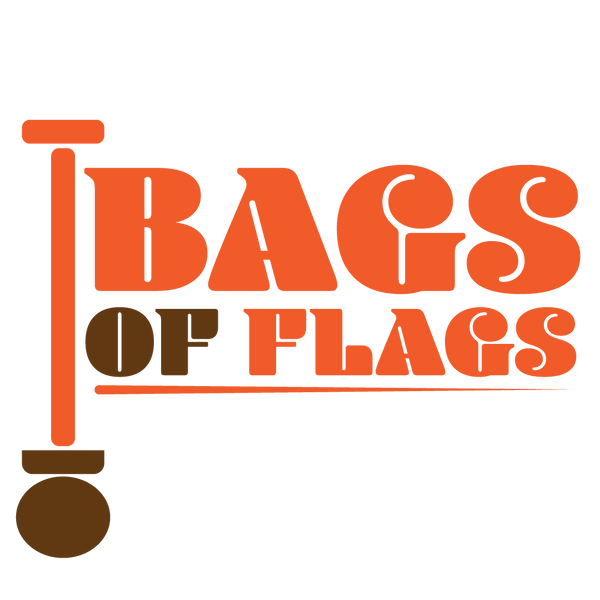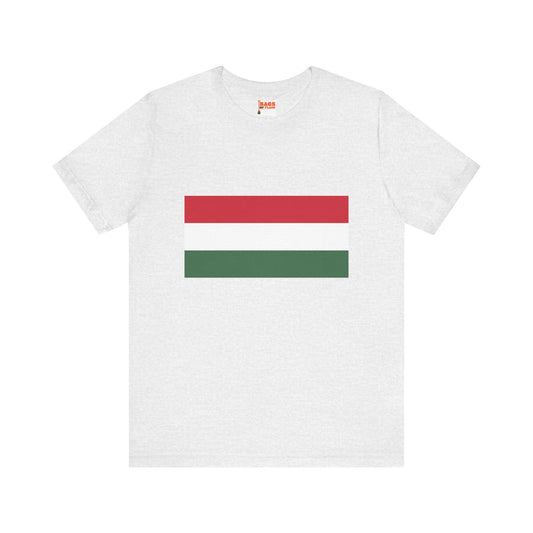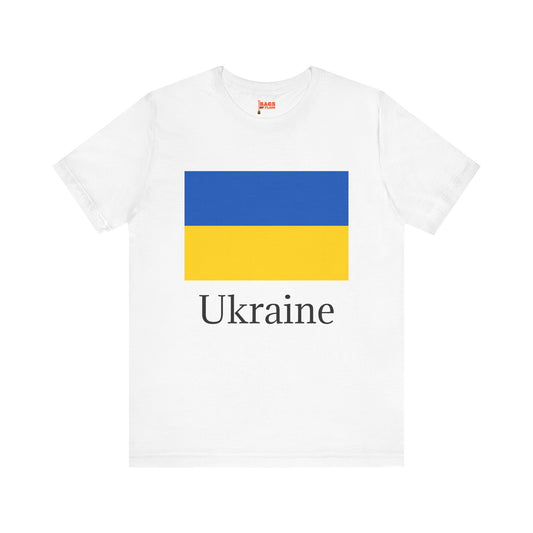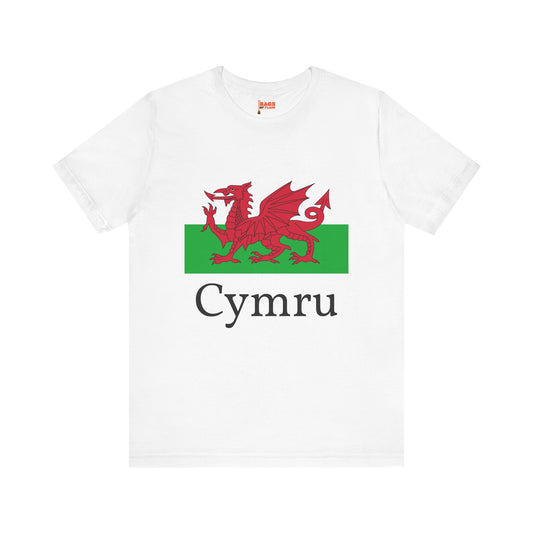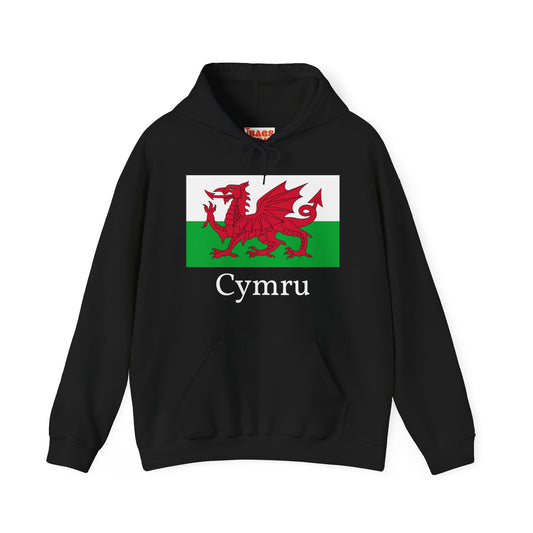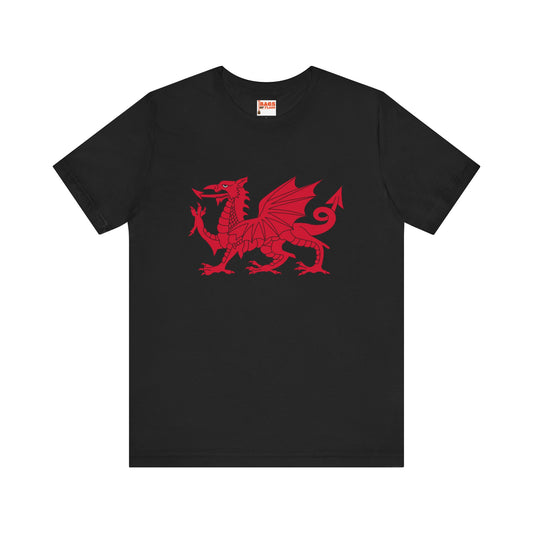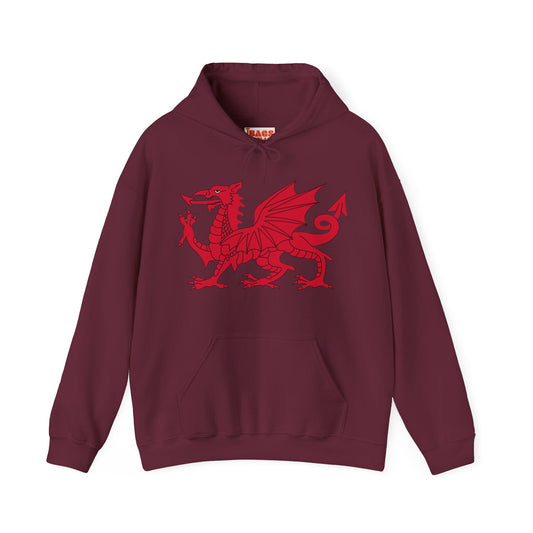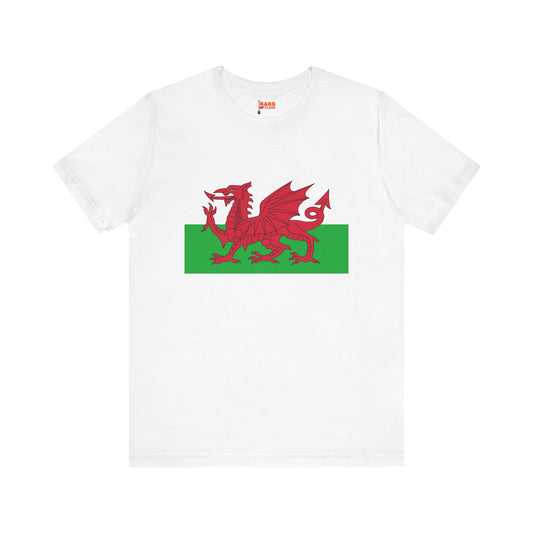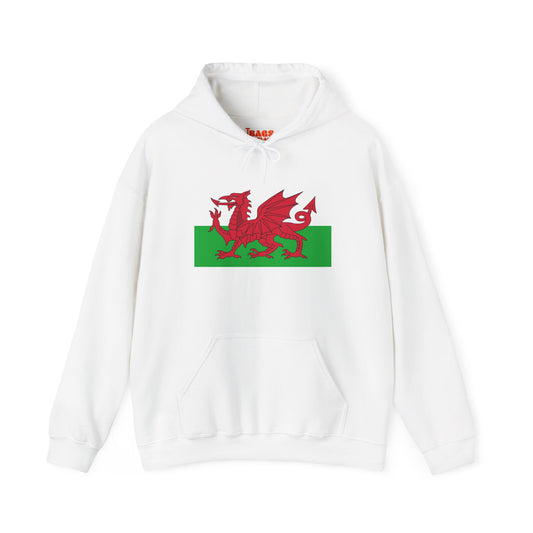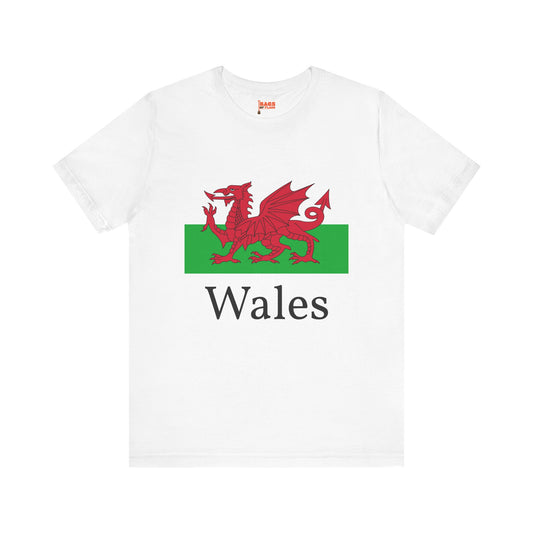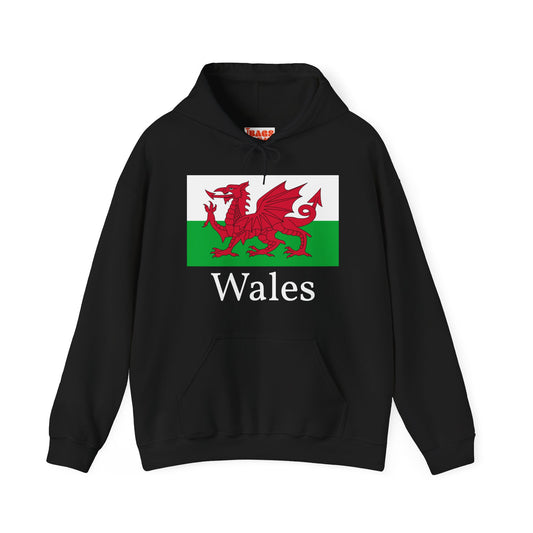-
Netherlands North Brabant Municipal and City Flags
Regular price From $43.20 USDRegular priceUnit price / per -
France 19 City Flags
Regular price From $43.20 USDRegular priceUnit price / per -
Swiss Regional Flags
Regular price From $43.20 USDRegular priceUnit price / per -
Ireland Provincial and City Flags
Regular price From $43.20 USDRegular priceUnit price / per -
Scotland and British Regional Flags
Regular price From $43.20 USDRegular priceUnit price / per -
Bulgaria Official and Historical Flags
Regular price From $43.20 USDRegular priceUnit price / per -
Italy Historical Flags
Regular price From $43.20 USDRegular priceUnit price / per -
Historical Serbian Flags
Regular price From $43.20 USDRegular priceUnit price / per -
French Flags | Royalist and Historical
Regular price From $43.20 USDRegular priceUnit price / per -
Italian and Sardinian Historical Flags
Regular price From $43.20 USDRegular priceUnit price / per -
Hungary Flag on T-shirt
Regular price $22.79 USDRegular priceUnit price / per -
Ukraine T-shirt
Regular price $22.79 USDRegular priceUnit price / per -
Cymru T-shirts
Regular price $22.79 USDRegular priceUnit price / per -
Cymru Hoodies
Regular price $34.40 USDRegular priceUnit price / per -
Welsh Dragon T-shirt
Regular price $22.79 USDRegular priceUnit price / per -
Welsh Dragon Hoodies
Regular price $34.40 USDRegular priceUnit price / per -
Wales Flag on T-shirt
Regular price $22.79 USDRegular priceUnit price / per -
Wales Flag Hoodies
Regular price $34.40 USDRegular priceUnit price / per -
Wales T-shirts
Regular price $22.79 USDRegular priceUnit price / per -
Wales Hoodies
Regular price $34.40 USDRegular priceUnit price / per
Collection: European Flags

For the most part, European country flags are less flamboyant than their Asian and African counterparts but they include some of the oldest flags still in use. For example, the Dannebrog, or ‘Danish cloth’, which is the State Flag of Denmark and features a white Scandinavian cross against a crimson background, is the oldest state flag still in use, having been adopted more than 800 years ago, in 1219 by King Valdemar.
Many European flags are remarkably similar – because they share a common ancestry, history, religion and culture.
We stock items inspired by the flags of the following European countries:
The cross is a common motif in flags of European countries, due to the spread of Christianity around the same time that flags were adopted by countries. You can see this in the flags of Norway, Sweden, Iceland, Finland and Denmark, which all feature the Scandinavian cross. (By the way, Iceland’s flag happens to be the exact opposite of Norway’s flag!). The white, blue and red colour palette represents snow, glaciers, the sea, and volcanic lava.
The iconic Union Jack, the United Kingdom’s flag, is representative of the Kingdom of Scotland with its St Andrew's cross, England with St George's cross and Ireland with St Patrick's Saltire.
The history behind European country flags also features some amusing quirks. The flag of the Netherlands - red, white and blue – actually started out with the livery colours of Prince William of Orange (orange, white and blue). The problem? The 17th century orange dye was highly volatile and turned red after being exposed to the sun! So, goodbye orange, hello practicality, while Lichtenstein hastily added a gold crown to its flag in 1937 after discovering that its flag was identical to that of Haiti at the 1936 Summer Olympics.
History, heritage, and national pride are hallmarks of Europe’s flags – resplendent with heraldry and centuries-old symbolism.
